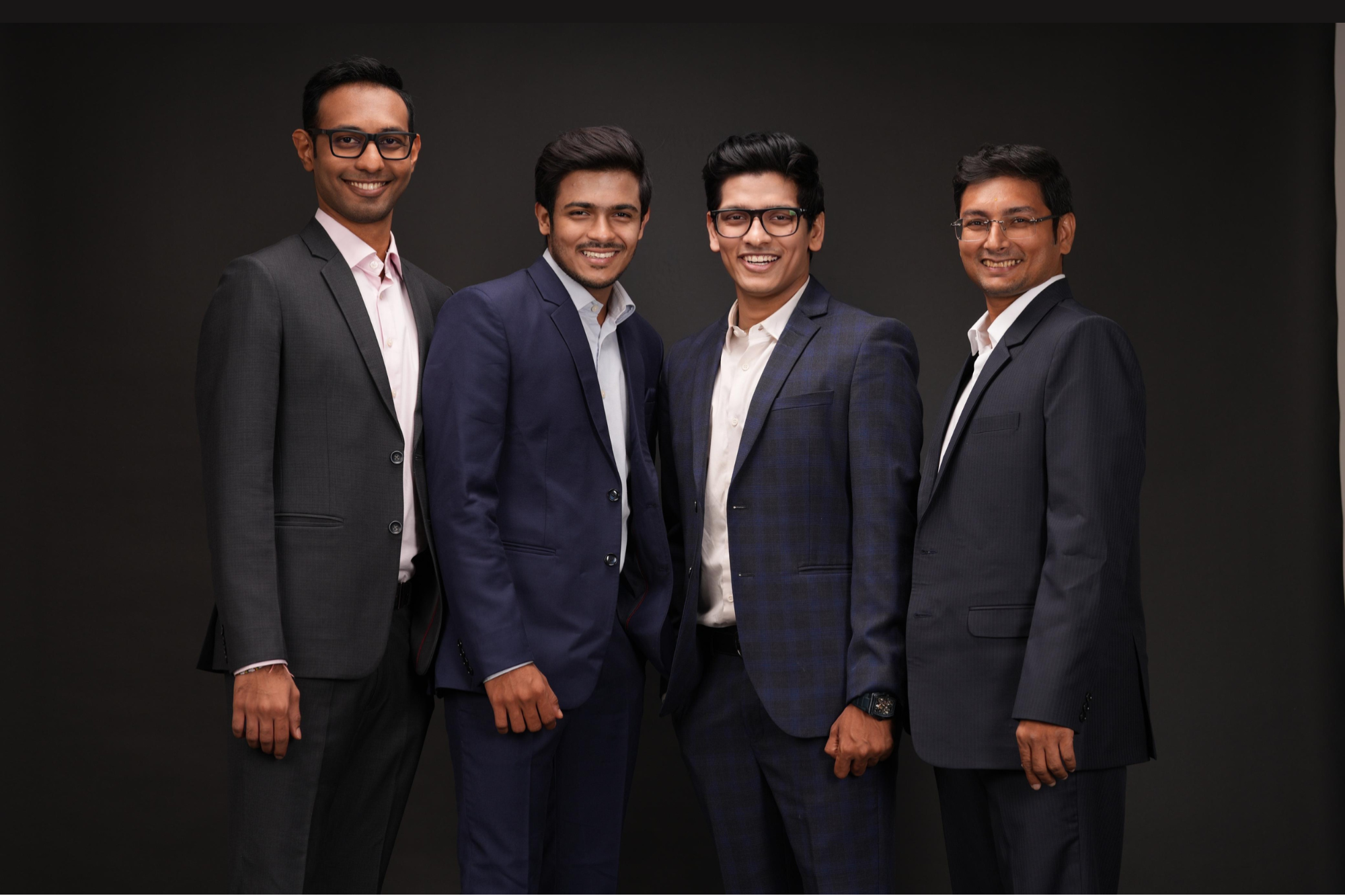This Entrepreneur is Dedicated to Transforming Education Abhishek has embarked on building diversity in the organisation and has focused on digitalization and globalization
Opinions expressed by Entrepreneur contributors are their own.
You're reading Entrepreneur India, an international franchise of Entrepreneur Media.

For Abhishek Mohan Gupta, family business was his top most priority even when he was graduating from college. Although he has represented India and a British University as a cricketer, he dreamt of joining his family business to see it progress and grow. He says, "I have always liked to be on the servicing side of things rather than manufacturing or trading which some people just love and what can be a better field than education if you are passionate about helping people. So I was always sure that I wanted to come back and join the family business. Also my father instilled in me that there is no limit to learning and growth."
Interestingly, after he joined the family business in 2008, Jagran Social Welfare Society has grown from just two schools and two free schools to adding another school, one free school, two higher education institutes and a university. He adds, "From teaching 5,000 students in 2008, we are now teaching 12,000 plus students." Since joining the family business, Abhishek has embarked on building diversity in the organisation and has focused on digitalization and globalization. Also, brand building, has become a major focus of the society that has made it look standard.
While he had the support of his parents and mentors at running the business, he says, "When we entered the higher education segment, I was given the charge to spearhead it, which obviously was a massive responsibility considering that I had just joined the business. It is said that failures often define the foundations of success. I experienced it first hand.
My lowest point came when our first higher education institute didn't take off very well and ultimately we had shut it. People started doubting our capabilities in managing higher education and thought we were good for only school education segment. That was the lowest point, as for the first time I started doubting my own abilities.
However, with support and advice from my father we started working again in the higher education space and soon got a private university approved in 2013." From that low point to being awarded as the best private university in Madhya Pradesh for last three years, Abhishek has managed to not only turn around the reputational hiccup they experienced with the closure of the first venture but also managed to turn around the perception of the people. Gupta was also awarded by Asia one - 50 most influential leaders under 50.
(This article was first published in the June issue of Entrepreneur Magazine. To subscribe, click here)











